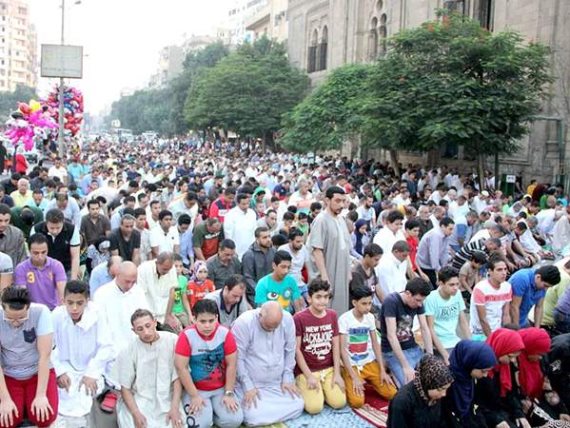They come out of their boxes around this time of the year. Dusty, old, and cranky, like bears waking up from their hibernation, they are quickly willing to have fun with you. Make sure the King, Queen, and Knight are present and your toddler nephew did not enjoy chewing one of the cards when he had his tiny hands on the box last February. And make sure the Ace of Hearts is not lost somewhere in Wonderland.
Now that you've established that your deck of cards is complete, you are ready to participate in a favorite Ramadan pastime. With no big football Word Cup matches on TV and after couple of weeks of useless mini-series, you and your family and friends are ready to leave the house and head to the cafes for an post-Iftar tea and shisha. And maybe you want to spend some time participating in innocent group fun. Chess is too complicated for victims of a food coma, which leaves us a set of games that a celebrator of Ramadan enjoys. Most of these games are played with Kotchina (playing cards).
Tarneeb:
Tarneeb is famous all across the Arab world. Back in Syria, I remember spending night after night, up until the early morning hours, playing the game with my schoolmates, while I pretended to study hard for our exams (no wonder my results that year were shamelessly down). The same game is called Hakam in the Gulf. Its also a favorite for Egyptians.
The game usually requires four players whose aim is to win as many hands as possible. The winner is determined by who has the highest card (according to the usual ranking of playing cards which features the ace highest and the two lowest). Each player has to bid on how many times he or she is going to win with the hand. When play finishes, the score is tallied. If the player can’t reach their projected number, points are deducted.
Many famous techniques are used in this game. The most important one, however, is to keep the Tarneeb count: Always keep count of which cards have been played and which cards remain in the hands of other players.This way you make sure that you won’t drop a card hoping for a win, and a higher card snatches your dreams away.
Trix:
Trix is a famous Syrian card game that is, of late, gaining momentum here in Egypt. Considered the most complicated Kotshina game, Trix is usually played by four players. Each player gets a kingdom where he or she orders which five rounds they intend to play. Four of these rounds has the opposite goal of Tareeb. The players should avoid, at all costs, winning hands.
Round one is Queens. Players should avoid winning a Queen or their score falls 50 points. Round two is Diamonds, where the player who gets any of the Diamond cards suffers a 15 point deduction. Round three is the King of Hearts, who is the most destructive of all. The player who claims the King of Hearts loses 75 points. Finally, the last round is the Lotosh, where players avoid winning hands. Ten points are deducted from the player's score for each hand won.
Finally, a round of Knights is played, where each player should organize the cards in their usual order, starting from the Knights up to the King and down to the Ace. The first player who manages to complete this mission gets 200 points. The second player gets 150 points, the third 100, and the last player receives a mere 50 points.
When it is your kingdom and you get to choose the order of these five rounds, you should study your cards well to know which one of the five rounds mentioned above is most suitable to the cards resting in your hand.
Phase Ten:
Phase ten is an recent American introduction to Egypt's card playing society. The game is composed of ten phases, and the winner is the player who finishes all ten tasks dictated by the game's rules.
Played with a deck of cards that is similar to that of Uno, the aim of the game is to finish each phase, usually a combination of sets of cards (number of cards of the same number) and run of cards (number of cards of continuous numbers). Each phase is harder than the one that preceded it and should you fail to finish your phase before your opponent, they advance to the next phase in the next game while you must repeat until you finish.
The main difference between the deck of Phase Ten and the deck of Uno is the number of special cards. Two special cards exist: the skip card, where you can pick one of the other players around the table and skip them for a round, and the wild card, which can take the place of any card the player might need.
This game is played between two and six players. Phase Ten can bring the family together for an enjoyable experience for a long period of time.




